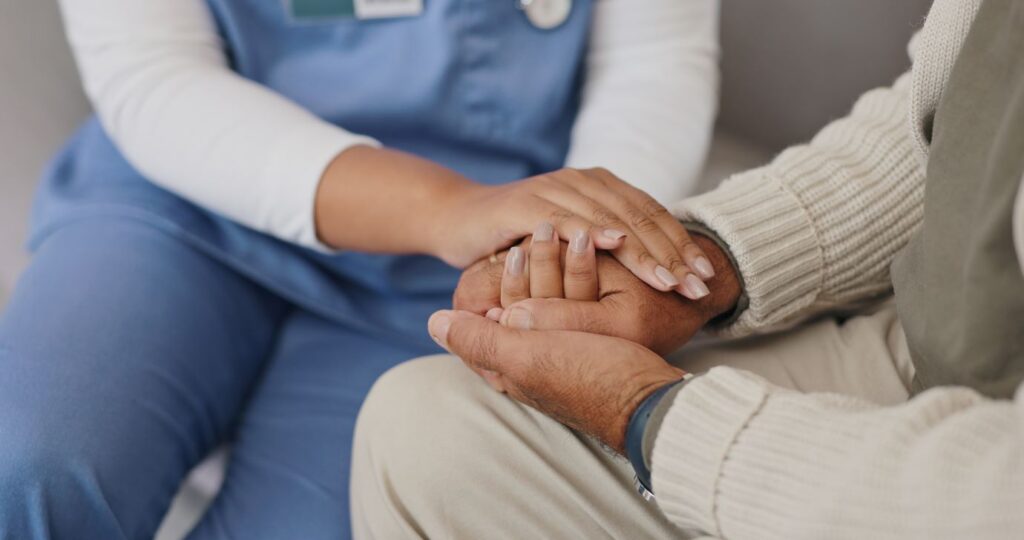Growing up as the child of migrants, I remember our diversity wasn’t always something viewed as positive. But decades on, this same diversity is saving lives. In the absence of culturally responsive family, domestic and sexual violence (FDSV) support, first-line workers from culturally and linguistically diverse backgrounds are taking on this unexpected dual role.
It makes sense – women like maternity care worker Rashida* or community services worker Sara* are already in a position of trust, which is compounded by shared language and culture.
For Sara, she recalls a client who recently shared that she was being physically abused by her husband.
“She saw me as someone who shared her background and spoke the same language. She asked, ‘Is there any way you can support me? You’re my sister. You understand how to help me.’”
Facing unique barriers to accessing mainstream services, women and girls from culturally diverse backgrounds are turning to their often bilingual nurses, educators, general practitioners, and community workers for support.
The issue is that, despite their dedication, untrained workers in DFSV are often called on to provide support to women often facing life or death situations.
Both Sara and Rashida point to the difficulty of disclosing abuse through on-call interpreters as a challenge preventing women from seeking formal help and accessing mainstream services.
“One moment, a woman might be in the middle of disclosing her experiences through an on-call interpreter and, the next minute, the line disconnects. She then faces a long wait to be assigned another interpreter. You can imagine the toll that takes,” says Sara.
Instead, through natural gradual trust-building, bilingual workers like Rashida and Sara are receiving disclosures and becoming an unexpected yet crucial gateway to domestic violence assistance.
“They want to rely on me alone for help. However, my capacity is limited. I’m not a specialist support worker, and I can’t address their immediate safety needs without more training,” says Sara.
For maternity worker, Rashida, she recalls a client who took two years to speak up about her experience of abuse.
“After the client’s baby was delivered and she exited the program, she kept in touch with me and disclosed what was happening to her 12 months later. With better training in recognising signs and building trust, we could potentially help women reach safety much sooner,” says Rashida.
We need more investment for first-line responders like Rashida and Sara to be better equipped to support women experiencing FDSV, but also to have conversations around gender equality and healthy relationships aimed at changing attitudes towards women, which ultimately prevents FDSV.
“Training in trauma-informed care and cultural competency would be invaluable. Understanding how to handle disclosures sensitively and how trauma impacts behaviour could significantly improve our ability to provide meaningful support,” says Rashida.
Identifying FDSV, checking on immediate risks and referral training could be bolstered to support first-line responders along with in-language resources and supports.
With new data revealing that an Australian woman is killed by domestic violence every six days, there is an urgent need to turn both our heads and pockets toward these trusted support systems that women are turning to.
*Names changed to protect privacy and safety.
If you or someone you know is experiencing, or at risk of experiencing, domestic, family or sexual violence call 1800RESPECT on 1800 737 732, chat online via 1800RESPECT.org.au or text 0458 737 732.



